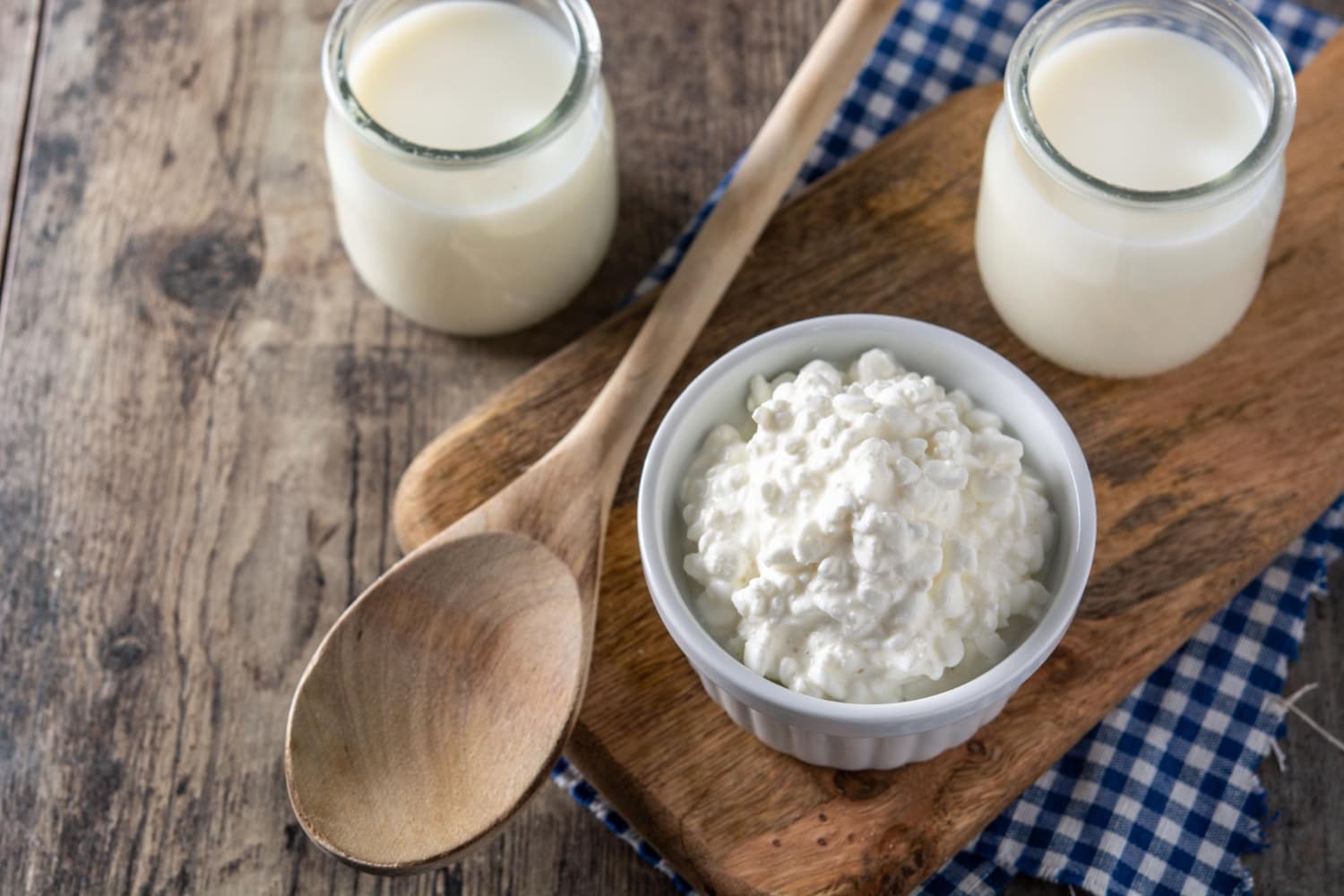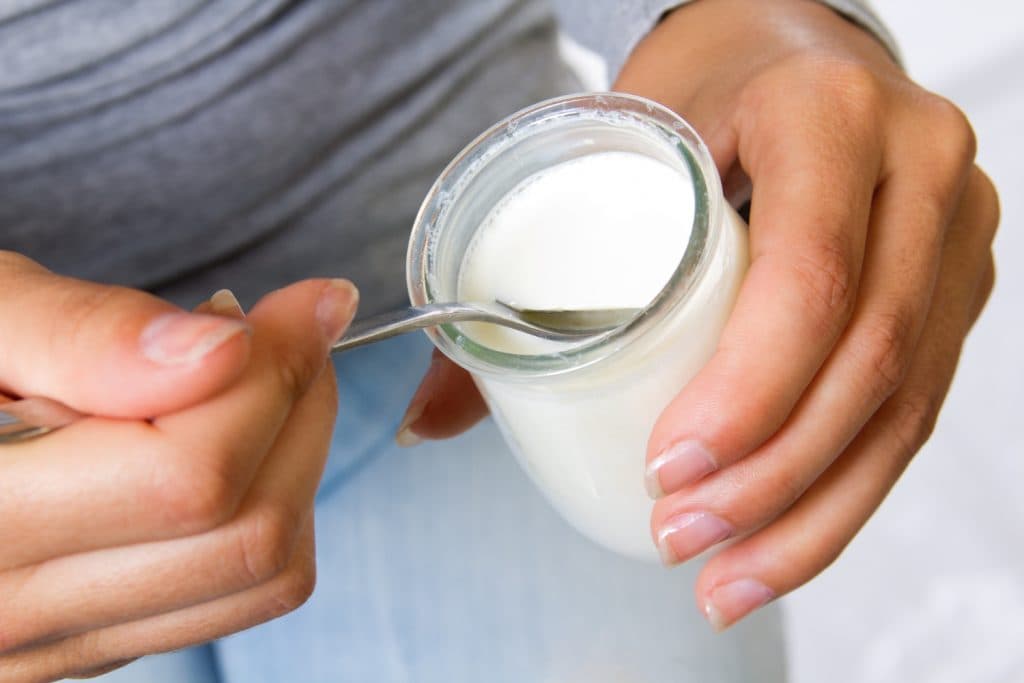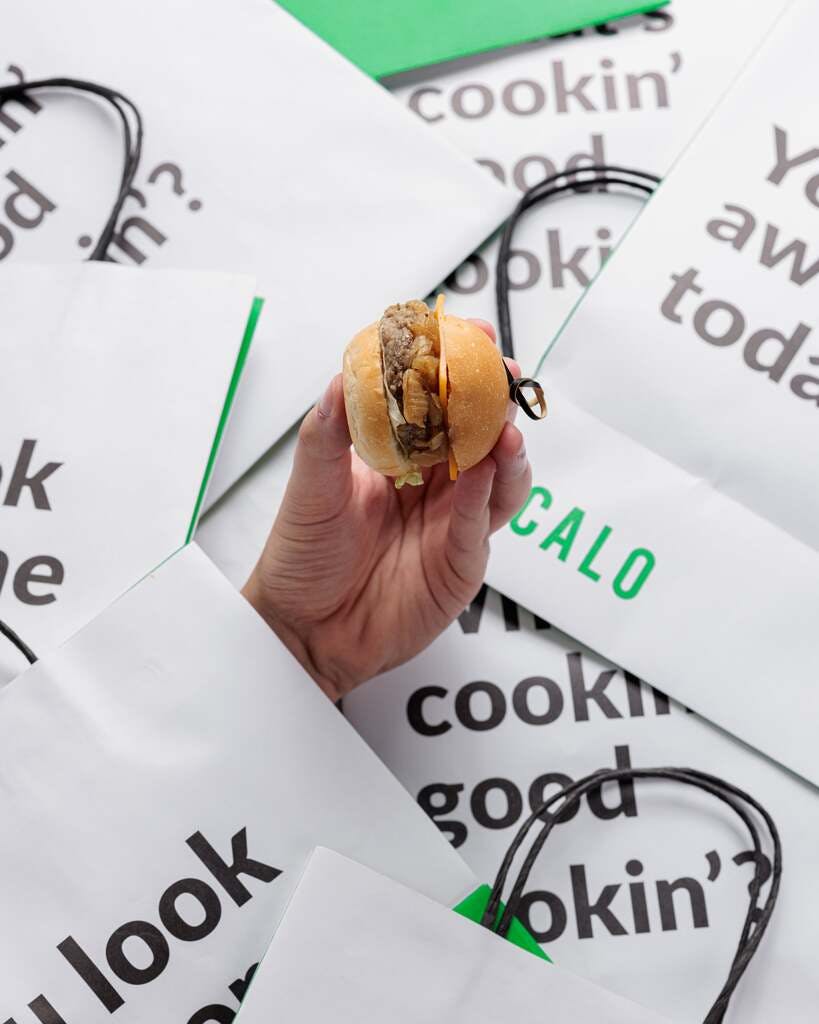Back to blog
What Is Kefir and How Can It Benefit You?

You might not realize it, but your gut health can be the hidden reason behind everyday problems like constant fatigue, sluggishness, or even that heavy feeling in your body (not related to weight) that makes simple daily tasks feel harder than they should.
You’ve probably heard about probiotics and good bacteria and how they support digestion and overall gut function. That’s exactly what it offers, and it’s quickly becoming one of the most popular superfoods for improving digestion and easing stomach troubles. Let’s take a closer look.
What Is Kefir and Its Benefits?
You’d be surprised to know the amazing benefits of Kefir yogurt, from supporting your digestion to giving your body a boost of healthy probiotics and more. Here’s what you need to know about Kefir benefits in detail:
An Excellent Source of Nutrients
Not only does it strengthen gut health, but it also contains organic acids that support nutrient absorption, bioactive peptides that aid in muscle and tissue repair, along with vitamins and minerals your body needs, including:
- Protein
- Calcium
- Magnesium
- Vitamin D
- Phosphorus
- Vitamin B12
- Riboflavin (B2)
Contains More Probiotics than Regular Yogurt

When you consume certain microorganisms, they can actually benefit your health. These are called probiotics. They help you digest food better, manage your weight, and even support your mental well-being.
Kefir drink is especially powerful because its grains can hold up to 50 different species of bacteria and yeast, giving you a rich and diverse source of probiotics. This variety can change a little from batch to batch, but it’s still far more than you’ll find in most other fermented dairy products, which usually have fewer strains and no yeast, meaning fewer digestive benefits for you.
Powerful Antibacterial Properties
Kefir isn’t just another fermented drink, it gives you special probiotics that strengthen your immunity by slowing down harmful bacteria linked to intestinal problems and irritable bowel syndrome. One of the most powerful is Lactobacillus kefiri, a rare strain that helps your body fight off bad bacteria.
Studies show it can limit dangerous microbes like Salmonella, Helicobacter pylori, and even E. coli. On top of that, it contains kefiran, a natural carbohydrate with antibacterial effects, giving you extra protection every time you drink it.
It Improves Bone Health and Protects Against Osteoporosis
Osteoporosis is when your bones weaken and become more likely to fracture. It is especially common in women as they get older. To protect your bones, you need enough calcium to keep them strong and slow down bone loss. When you drink it full-fat, you’re not just getting calcium, you’re also getting vitamin K2. This vitamin helps your body absorb and use calcium properly, making it even more powerful for your bone health.
Is It Low in Lactose?

Regular milk has a natural sugar called lactose, and if you’re one of the many people who struggle to digest it, you may know this as lactose intolerance. With fermented dairy like kefir or yogurt, things work differently. The good bacteria break down most of the lactose into lactic acid, so there’s far less left than in milk. Plus, these foods are packed with enzymes that help you digest lactose more easily. That’s why many people with lactose intolerance find kefir gentler on their stomachs than regular milk. And if you want to skip lactose altogether, you can make it with coconut water, fruit juice, or other non-dairy options, just keep in mind it may not give you quite as many benefits as the traditional.
How to Make Kefir and Is It Simple?
You might be wondering how to prepare kefir milk?
Kefir is usually made from cow’s or goat’s milk. You add kefir grains to the milk, cover the mixture with a cloth, and let it sit at room temperature for 12–24 hours. During this time, the drink becomes thicker, slightly tangy, and full of beneficial bacteria. Once it’s ready, the grains are removed and can be reused. You might think this fermentation process sounds a little unusual, but it’s the same idea behind foods like sauerkraut or pickled cauliflower, both known for boosting the good bacteria in your gut.
Healthy Meal Delivery
Where can you get kefir in Dubai or the UAE in general?
You can order kefir straight from the Calo app along with your favorite healthy meal. Or, if you’d rather dine out, you can stop by Calo Cafe, relax, and enjoy a healthy snack or drink. If you want to save time and energy, you can subscribe to the monthly plan and have meals delivered right to your home or workplace. And don’t forget about your child, you can order healthy meals for both of you through the app or even have them delivered directly to school.
FAQ
What are kefir side effects in general?
When you first start drinking, you might notice some mild symptoms like stomach discomfort because your body is adjusting to the probiotics. If you have certain medical conditions, it’s best to check with your doctor first, since the yeasts in kefir may not be right for you. Also, keep in mind that it naturally contains a very small amount of alcohol.
Is there a difference between kefir milk and kefir yogurt?
Yes. The difference between kefir yogurt and kefir milk is that Kefir originally comes as a drinkable fermented milk, made by combining cow, goat, or sheep’s milk with kefir grains, a mix of beneficial bacteria and yeasts. This process gives it a slightly tangy taste and loads of probiotics that support your gut health. Some brands also offer a thicker version, often called “kefir yogurt,” which is made by fermenting it longer or straining it. While it looks and feels more like traditional yogurt, kefir is still closer to a fermented milk drink at its core.
What is the difference between kefir and kombucha tea?
Both kefir and kombucha tea are fermented drinks rich in probiotics, but they differ in their ingredients and preparation. Kefir is made by fermenting milk, whether from cows, goats, or sheep, by using kefir grains, which are a combination of bacteria and yeasts. This produces a creamy, tangy beverage that’s full of probiotics and also provides some protein. Kombucha, in contrast, is made by fermenting sweetened tea with a SCOBY, a culture of bacteria and yeast. It’s naturally fizzy, slightly sweet and sour, and generally has less protein than kefir.
Now that you know what is kefir and its benefits, remember that eating healthy, natural foods like kefir or other gut-protecting nutrients is better than supplements. You can read more topics such as liver detox meths or the benefits of coconut oil, and other health and fitness topics on the Calo blog.








